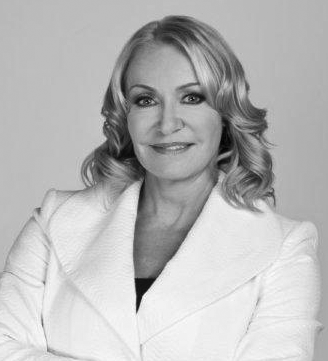NOIA Surprised by Secretary Jewell’s Unfamiliarity with National Ocean Policy

For Immediate Release: Wednesday, July 17, 2013
Contact: Nicolette Nye, (202) 465-8463, nnye@nullnoia.org
NOIA Surprised by Secretary Jewell’s Unfamiliarity with National Ocean Policy,
Encouraged by Her Statement on Including New Areas in Future Offshore Leasing Plan
Washington, D.C. – During a House Natural Resources Committee hearing this morning, Congressman Rob Wittman (R-VA) questioned Secretary of the Interior Sally Jewell on his observation of an inherent conflict between management of offshore resources under the Outer Continental Shelf Lands Act and the Administration’s 2010 executive order establishing a National Ocean Policy. The Secretary indicated she was not familiar with this policy and would have to respond in writing.
“NOIA is surprised by Secretary Jewell’s unfamiliarity with the Administration’s 2010 executive order establishing a National Ocean Policy (NOP),” said Randall Luthi, president of the National Ocean Industries Association. “NOP is a far-reaching ocean zoning strategy with major ramifications to the American public's ocean resources under the Secretary’s jurisdiction. Congress has not been kept properly apprised of NOP implementation, and apparently neither has the Secretary. This revelation further justifies calls for transparency in the funding and development of the National Ocean Policy,” continued Luthi.
Also during the hearing today, in a response to questioning from Congressman Jeff Duncan (R-SC), Secretary Jewell indicated that new offshore areas in Atlantic waters, if shown by new seismic surveys to hold meaningful resource potential, should be included in the 2017-2022 Five Year Plan for consideration. It is unclear however if such surveys will be completed in time to inform this plan. The Interior Department’s Bureau of Ocean Energy Management (BOEM) is currently working on a Final Environmental Impact Statement that would eventually allow for seismic permits to be issued. However, before BOEM may issue such permits, other permitting and approval processes must be completed under the Marine Mammal Protection Act and the Coastal Zone Management Act. Only then may seismic permits be issued, finally allowing for the actual conducting of modern Atlantic surveys for the first time in over thirty years, and the subsequent interpretation of the data obtained. When evaluating the Department’s ability to incorporate new Atlantic seismic data into the 2017-2022 Five Year Plan scoping process to begin next year, this lengthy process yet to unfold must be taken into consideration.
“NOIA is encouraged by the Secretary’s response today that new offshore areas in the Atlantic should be included in the 2017-2022 Five Year Plan for consideration, provided those areas are shown to hold meaningful resource potential,” said Luthi. “Industry has long asked for the opportunity to look for new resources in new areas, because history has shown that when allowed to do so, we almost always find more than we thought previously existed. But, given the Department’s plans to begin evaluating these potential new leasing areas as soon as next year, it is critical that the necessary seismic permits and approvals be completed promptly. Without new data in hand to replace the existing thirty-year-old information obtained using outdated technology, we cannot achieve the Secretary’s laudable goal of making science-based decisions regarding future offshore energy policy,” Luthi concluded.
###
ABOUT NOIA
NOIA is the only national trade association representing all segments of the offshore industry with an interest in the exploration and production of both traditional and renewable energy resources on the nation’s outer continental shelf. NOIA’s mission is to secure reliable access and a fair regulatory and economic environment for the companies that develop the nation’s valuable offshore energy resources in an environmentally responsible manner. The NOIA membership comprises about 300 companies engaged in business activities ranging from producing to drilling, engineering to marine and air transport, offshore construction to equipment manufacture and supply, telecommunications to finance and insurance, and renewable energy.

